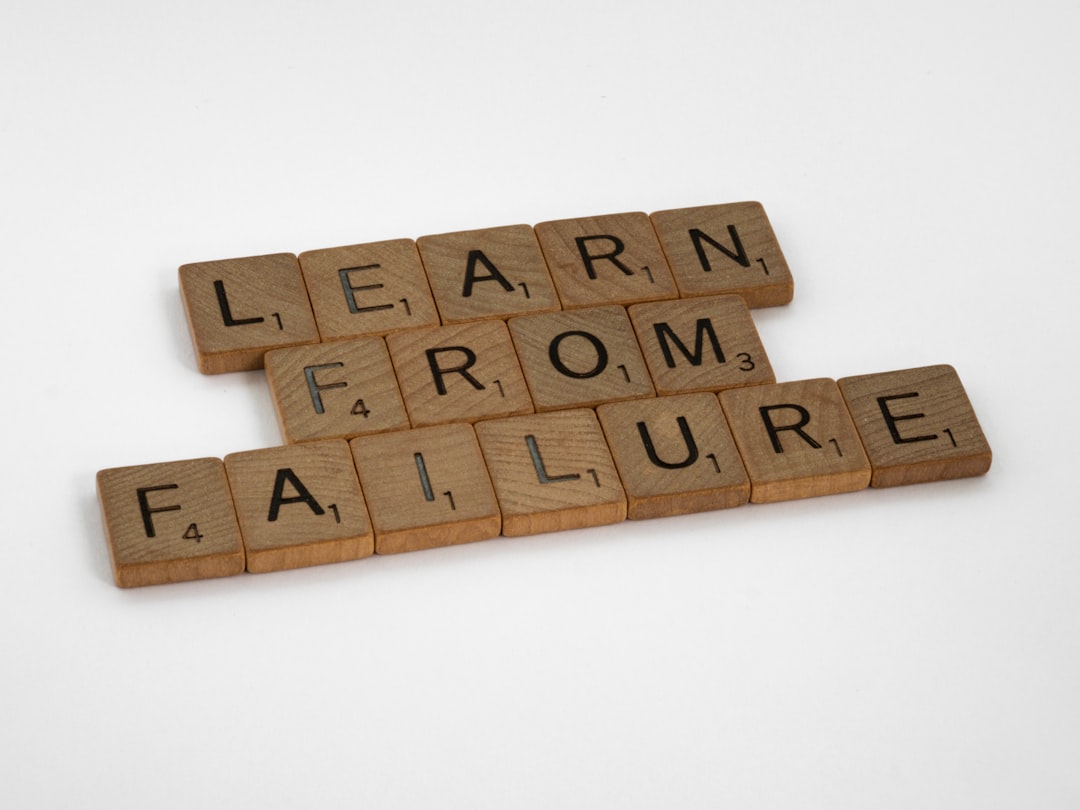- The Performance Lab
- Posts
- Learning From Failure:
Learning From Failure:
Supporting Your Athlete Through Learning from Failure
Hi Everyone, thanks for checking out this week’s newsletter. Below you'll find:
Performance Concept of the week
Learning From Failure: Supporting Your Athlete Through Learning From Failure
Action plan
Resource of the week
Things to Explore
Got Questions?
Performance Concept of the Week

Learning from Failure: Supporting Your Athlete Through Learning from Failure
In sport failure is inevitable! If you think about it most competitive or high performance athletes failure more than they succeed. Therefore, it is their ability to deal with failure that sets them apart.
Think about failure in sports:
Most NBA shooters miss 60% of their shots
A great batter in MLB hits .300, which means they fail 7 of 10 times at bat.
In the NHL shooting percentage measures shots on goal, not even goals scored.
We can’t eliminate failure so we need to learn how to use it better.
Check out the video below of Giannis Antetokounmpo talking about failure after the Milwaukee Bucks were eliminated from the playoffs.
Why is Learning from Failure so Hard?
Learning from failure is hard for a few reasons, but the most obvious and important is the moment we fail, we are not presented with a solution or how to do it correctly.
Then failure becomes a hit to our ego (yes everyone has an ego at some level) and we want to defend our ego. We defend our ego in two ways, first by reasoning with ourselves and by avoiding uncomfortable truths, or lowering our standards to accept the failure. Secondly, we protect our self-esteem (how we feel about what happened and the failure) which creates a case of the “don’t do this, don’t do that” which forces our comfort zone to shrink to avoid future similar failures.
What Can You Do to Support?
One crucial aspect of supporting your competitive or high performance athlete in their journey is to help them navigate failure and setback. Sometimes they will need you to be empathetic, sometimes they will need some “tough love”.
The solution - Problem Solving. The best athletes in the world are self-aware (know what is going on around them), and then self-regulate (do something about what is going on around them). Being self-aware and self-regulating are solving problems to failure.
Lastly, remind them setbacks and failure are inevitable and it is the comeback, not the setback that makes the great ones great!
Action Plan
This week’s action plan includes your call to action with helping support the learning from failure process:
Normalize Failure as a Stepping Stone to Success - Remind them failure is part of the athlete journey and failure is a speed bump, not a dead end.
Encourage a Growth Mindset - Praise their efforts and perseverance in getting over the failure. This will encourage them to take action and take on the challenge of the comeback.
Open Communication - Let them express their thoughts and emotions about failing without fear and judgement. This will help to normalize failure, but also will tell you whether you need to be empathetic or give tough love and challenge their thoughts/emotions.
Help Manage Expectations - Help them manage their expectations. Unrealistic expectations leads to unnecessary pressure and creates performance anxiety.
Celebrate Progress - Once in a while even failure is still progress. Point this out.
Resource of the Week
When failure occurs it has the potential to impact an athlete’s confidence. The first step in building confidence is “taking action”. Without action how do you move forward?
The easiest way to get your athlete to take action is to build daily goals, and self-talk that is directly related to accomplishing those goals. Ask them what their goal(s) and self-talk is for tomorrow to take action.
Check out this week’s resource on daily goal setting and self-talk.
Things to Explore
Read: Our Reading Library
Download: Resource Guide Series
Got Questions?
Do you have a question, or want to know more about a topic. Let our team of experts help you. Ask your question here by clicking the button below. We will post answers to questions within future newsletters.
Don’t forget to follow us on social!